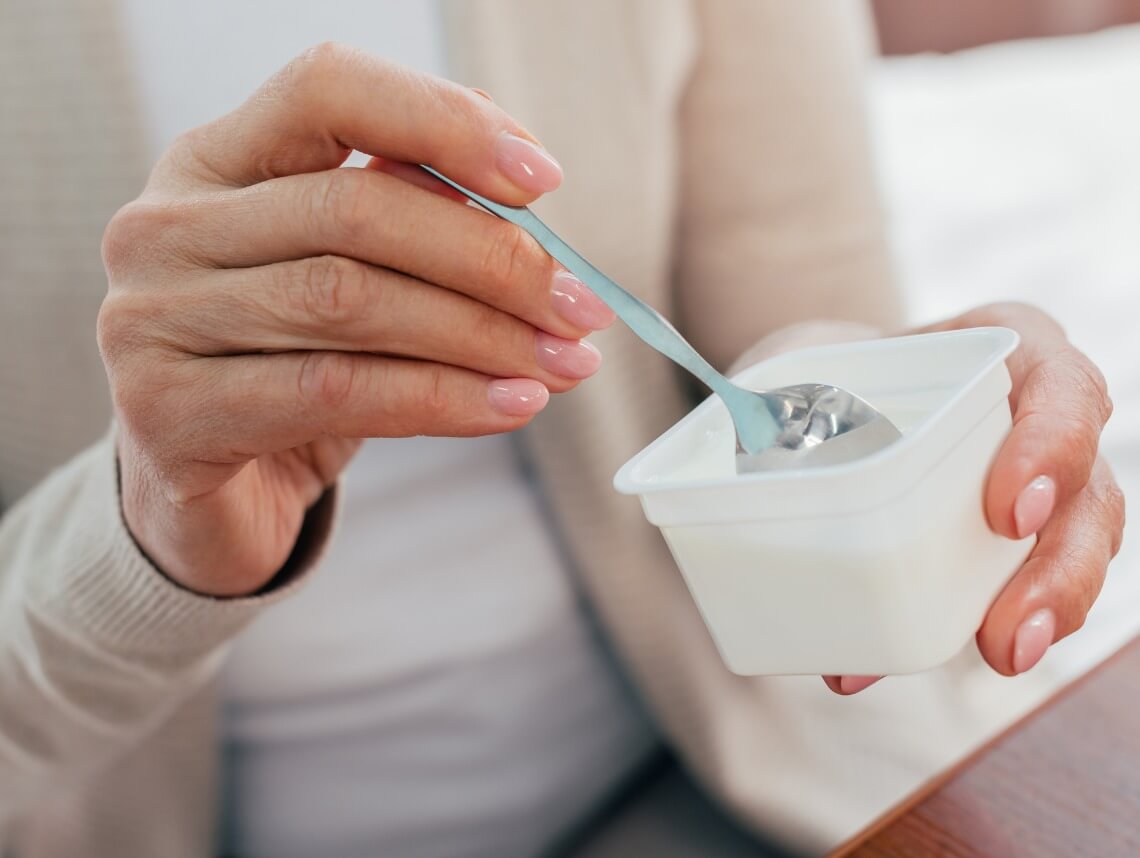Nearly 1.4 million Americans are living with Crohn’s, an unpredictable disease that often requires a lifetime of care. For seniors, the symptoms may not only cause debilitating pain but may also cause serious complications when combined with other health conditions.
Because there is no cure for Crohn’s, individuals living with the disease are focused on keeping the condition in a state of remission and finding fast relief when the disease flares up. This means taking medications properly, practicing healthy habits and avoiding foods that trigger inflammation. Learn what you can do as a caregiver to help minimize recurrence and lessen their pain.
3 Tips for Caring for Someone with Crohn’s Disease
As a caregiver, planning meals for patients and loved ones with Crohn’s disease can be challenging, especially if you’re unfamiliar with the disease.
The most important thing to remember is that Crohn’s disease affects each person differently and may require different treatment or prevention options. The following advice may not apply to everyone. Always consult the patient’s doctor before changing his or her diet, medications, or lifestyle.
1. Keep a Food Diary
If your patient/loved one doesn’t already, encourage him or her to keep a food diary, documenting which foods irritate their digestive system and cause flare-ups.
2. Avoid Trigger Foods
In general, it’s best to avoid foods that cause gas – not only greasy, fried foods, but also those that are high in fiber, such as:
- Raw fruits
- Raw vegetables
- Whole grains
3. Eat Foods That Help With Flare-Ups
The following foods are best to help prevent flare-ups and provide relief when a flare-up occurs (as laid out by Healthline):
Yogurt: Aides in the recovery of the intestine.
Fish: Omega-3 fatty acids help reduce inflammation.
Cooked carrots: Carrots contain antioxidants which are beneficial to those with Crohn’s disease.
Cheese: In moderation, cheese may help replace much-needed proteins without having to drink milk. Depending on the individual; however, cheese may further irritate the digestive system and should be avoided.
Potatoes: Cooked potatoes without the skin serve as a good source of potassium, helping the body balance fluids.
Contact Sonas for Home Health Care Services
At Sonas Home Health Care, we understand the struggles patients face when dealing with such conditions and the concerns families have when caring for loved ones. We refer qualified and compassionate caregivers or nurses to provide patients with assistance in the home, from administering medications to meal preparation and transportation to medical appointments. Contact us directly to speak with a home health care professional and request a free in-home assessment. Together we can determine the best plan of action for your family.
If you or an aging loved one are considering home health care services in Florida, contact the caring staff at Sonas Home Health Care. Call today (888) 592-5855.
This blog was reviewed by Jillian Miller BSN, RN — Director of Nursing for Sonas Home Health Care’s Tampa Bay market — for clinical accuracy. Jillian Miller has been a nurse for 16 years — working primarily in pediatrics. She believes the best part of working with the pediatric population is when you see smiles from clients when you first enter the room. She loves seeing the difference you can make in families’ lives while providing the best care possible for them.

